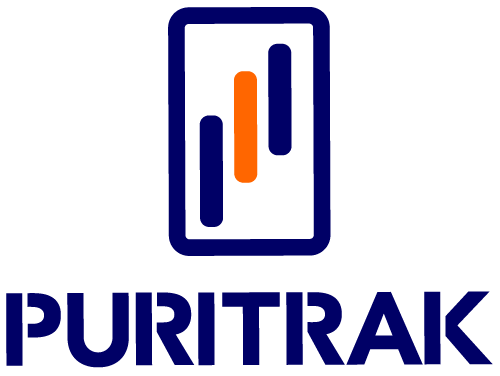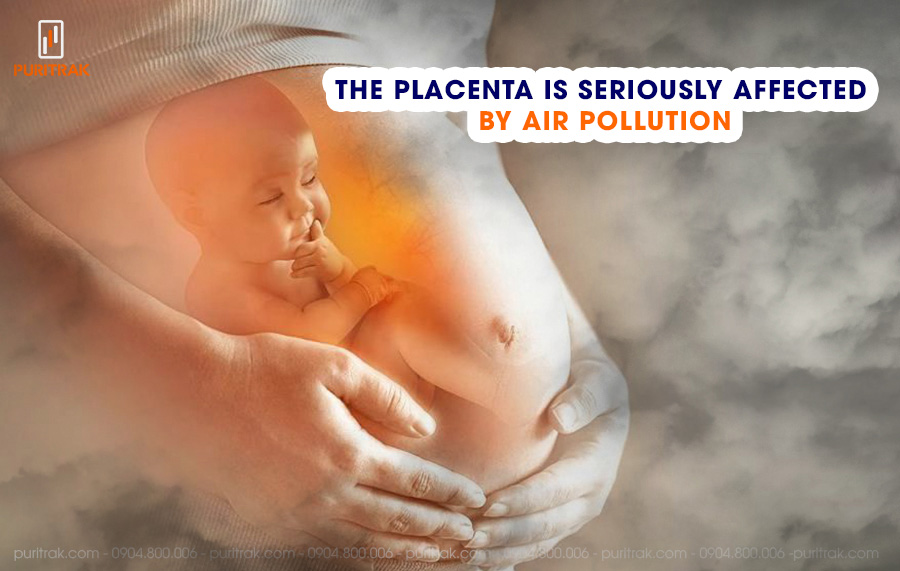
Fetal development is a top priority for parents. However, recent studies have revealed that “The placenta is seriously affected by air pollution.” This has serious implications for the health of babies.
Let’s explore with Puritrak how severe these impacts are and what can be done to prevent and mitigate air pollution’s effects on fetuses.
1. The current state of the placenta is seriously affected by air pollution
A study published in The Lancet Planetary Health examined and found thousands of ultrafine black carbon particles in lung, liver, brain tissue, blood at the umbilical cord, and fetuses.
The study was conducted on non-smoking mothers in Scotland and Belgium, countries with relatively low levels of air pollution. Specifically, scientists studied 36 fetuses in Scotland from pregnant women at weeks 7 to 20. In Belgium, blood samples at the umbilical cord were taken from 60 healthy newborns.
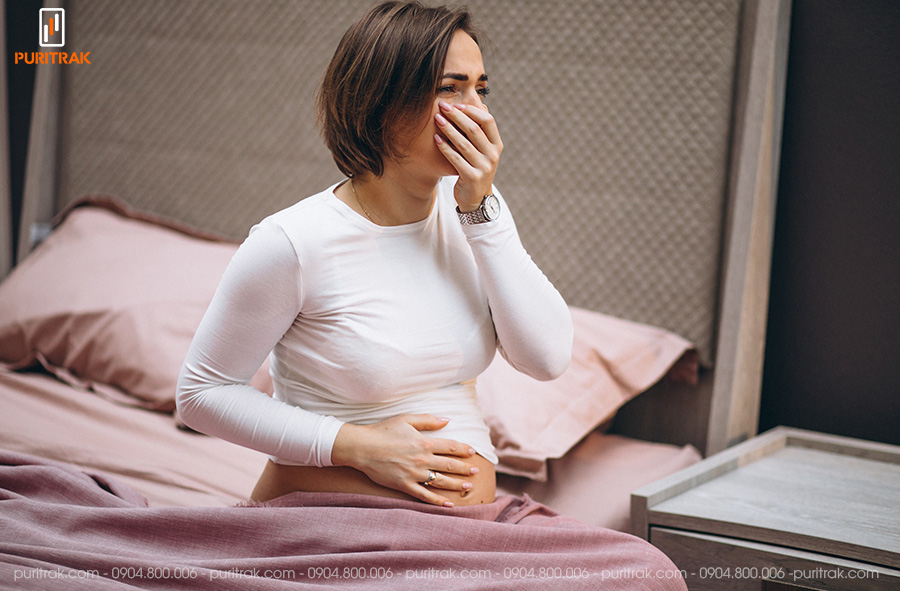
The results showed that these particles originated from pregnant women inhaling black carbon particles, which then passed through the bloodstream to reach the fetus and affect fetal cells. The concentration of these particles increased significantly when mothers lived in environments with higher levels of air pollution.
According to Professor Paul Fowler at the University of Aberdeen in Scotland: “For the first time, we have demonstrated that nano-scale black carbon particles not only penetrate the fetus in the first three months and middle three months of pregnancy but also find their way into developing fetal organs.”

Air pollution is closely linked to increased rates of miscarriage, preterm birth, low birth weight, and brain development disorders in infants. The pregnancy period is the most vulnerable stage in a baby’s development. Therefore, parents need to be vigilant in finding effective measures to improve indoor air quality.
2. Solutions to improve indoor air quality and protect fetuses
Use air purifiers: This is the most effective measure trusted by many. Air purifiers can remove up to 99.97% of fine dust particles, pollen, pet dander, etc., from the air. They also help in bacteria elimination, humidification, dehumidification, and odor removal, which is beneficial for fetal development.
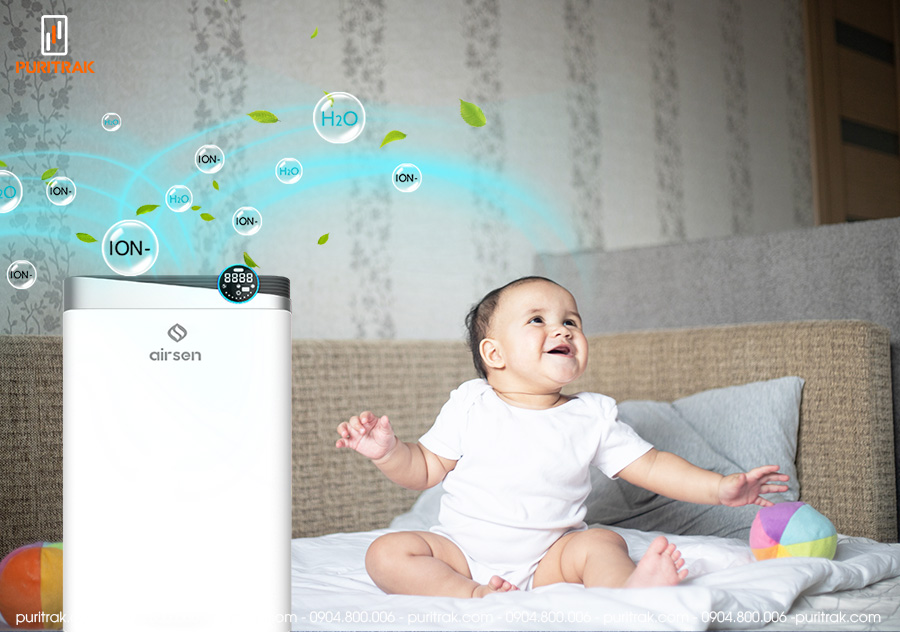
Implement ventilation systems: Ensure your home has good ventilation to provide fresh air indoors.
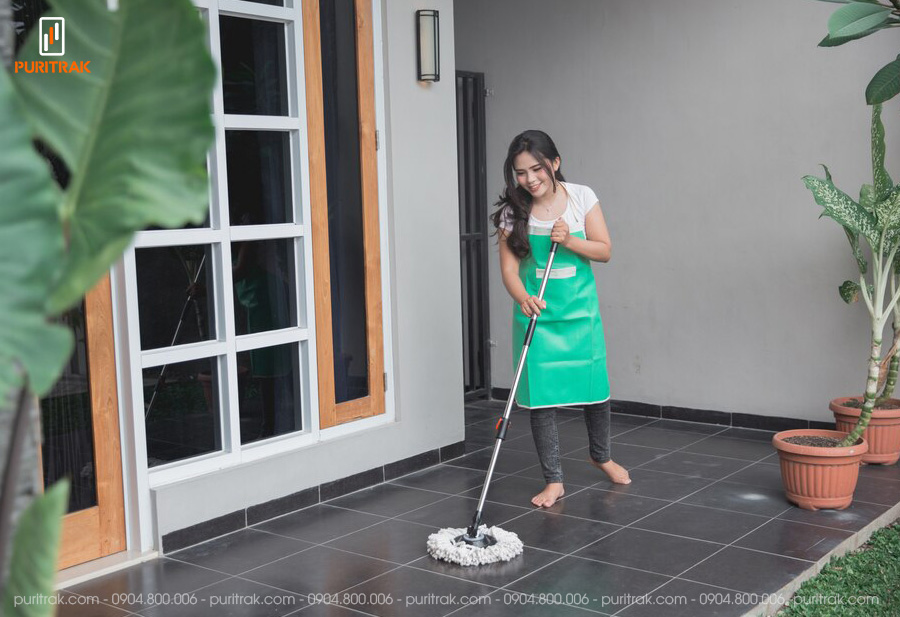
Maintain cleanliness: Regularly clean your home to keep it fresh and well-ventilated.
Avoid tobacco smoke: If there are smokers in the family, encourage them to smoke outdoors or maintain a distance from pregnant women.

Avoid harmful chemical products: Try to avoid using chemical products like insect repellents or air fresheners containing chemical compounds in living spaces.
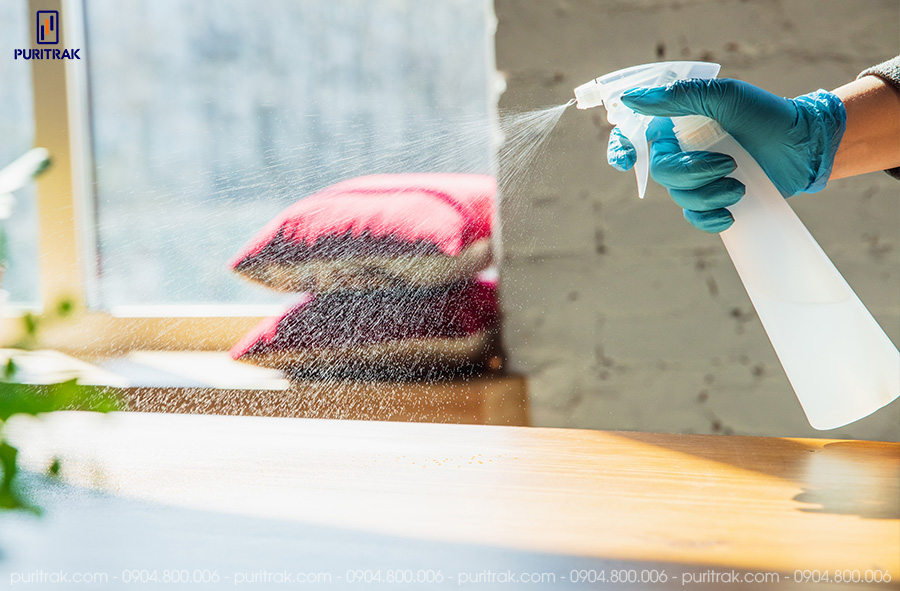
Use organic and non-toxic products: Choose products made from organic and non-toxic materials to avoid chemical emissions that can pollute the air.
Place indoor plants: This is also a simple and commonly used method. Indoor plants not only add freshness and greenery to a room but also effectively clean the air and improve the quality of the living environment.
Regularly clean pet areas: Vacuum pet hair from floors and ensure pet areas are clean to prevent pet dander from circulating in the room and affecting the mother’s respiratory system.

Fetuses are significantly affected by air pollution, which is a concerning issue requiring timely attention and action from parents. By implementing measures to improve air quality, we can protect the health of fetuses and build a healthier living environment for everyone.
If you need assistance with information about air purifiers, please contact our technical department at Puritrak for guidance and clarification. Thank you for reading the article!
Puritrak products and services:
- Puritrak air purifier
- Puritrak indoor air quality measuring device
- Puritrak outdoor air quality measuring device
- AQM solution
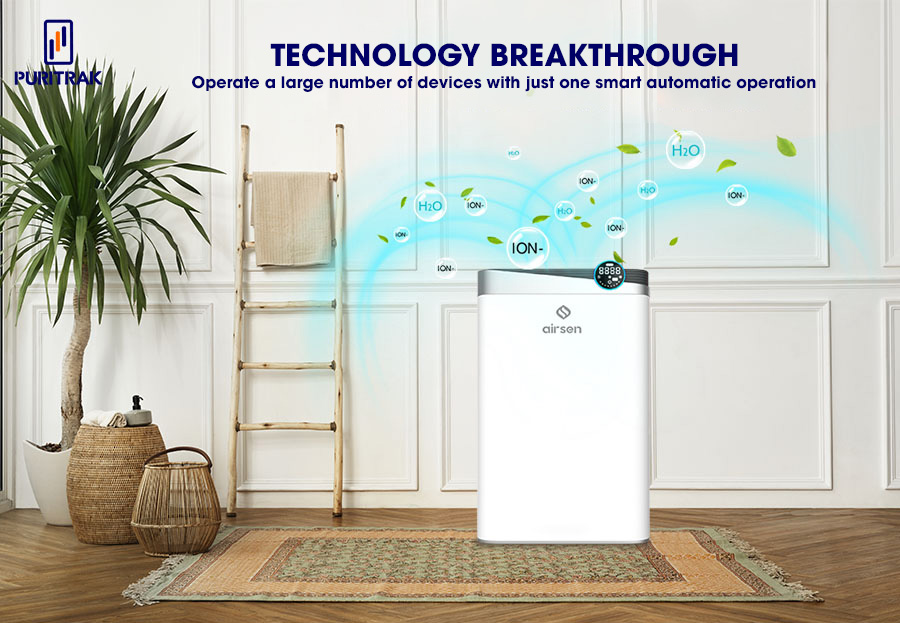
Contact info:
- Hotline: 0904.800.006
- Website: puritrak.com
- Email: [email protected]
- Fanpage: Puritrak
